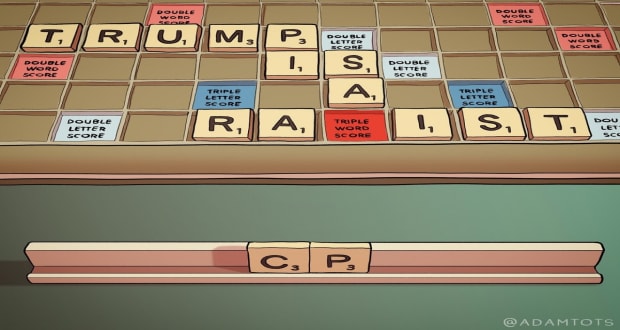There is no case, none, to limit debate about the performance of national leaders. The more powerful people are, the more important the presumption must be that less powerful people should be able to say exactly what they think of them.
That’s the Tony Abbott of 2012, addressing his friends at the Institute for Public Affairs. What a difference a couple of years makes.
New guidelines from the department of prime minister and cabinet threaten employees with discipline if they are critical or highly critical of the department, the minister or the prime minister
on Facebook, Twitter, YouTube, Pinterest, Flickr, blogs, or anywhere much else.
Note that the policy applies to posts in a personal capacity — even those made anonymously — and that public servants are urged to dob in any colleagues they might recognise.
If an employee becomes aware of another employee who is engaging in conduct that may breach this policy,
the edict explains, there is an expectation that the employee will report the conduct to the department
.
Tim Wilson, then head of the IPA, was in the audience for Abbott’s freedom wars
speech. Surely our self-proclaimed freedom commissioner will denounce measures muzzling public servants?
Not so much, no.
There is nothing inconsistent with free speech and having codes of conduct or policies as a condition of employment that require professional, respectful behaviour in their role and the public domain,
Wilson told the Daily Telegraph.
Elsewhere, Wilson explicitly rejects the charge that he cares only about the rights of the most powerful. Free speech is for everyone,
he says. But his support for the restrictions on employees illustrates that, by everyone
, he means something more like everyone I know
— via redwolf.newsvine.com















 RSS – Posts
RSS – Posts